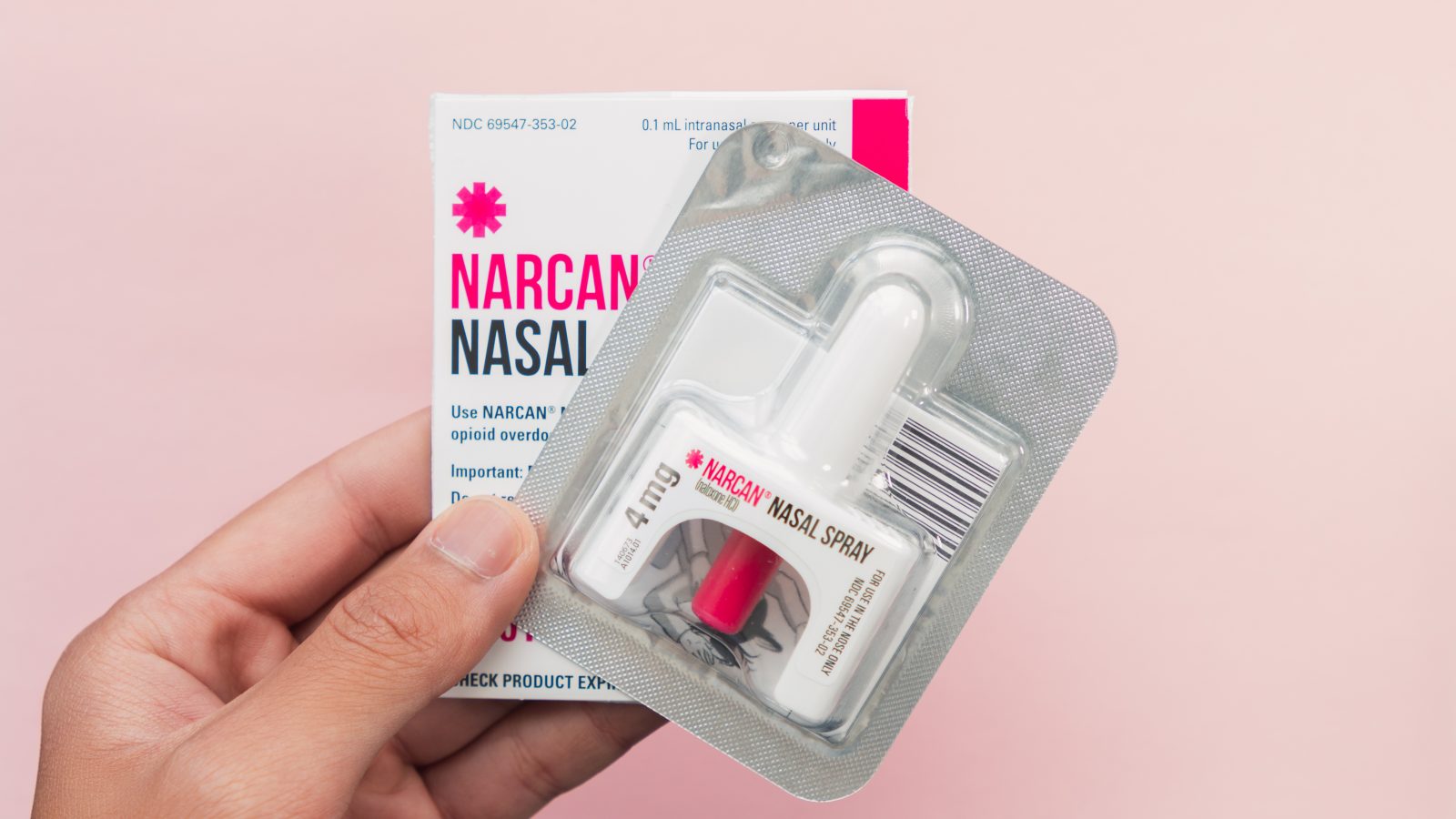
A New Yorker dies every three hours from an opioid overdose. That shocking statistic comes from 2022 data from the City’s Department of Health and Mental Hygiene. In all, 3,026 overdose deaths occurred in New York last year, up 12% from 2021.
The deadly substance fentanyl was found in 81% of drug overdose deaths in the City. In addition to drugs obtained on the street, such as heroin and fentanyl, opioids also include pain medications such as OxyContin, Vicodin, and Percocet. Both kinds are highly addictive.
“This is a crisis like we haven’t seen before,” says Eoin Coffey, RN, BSN, Nurse Care Manager for the Medication Assisted Treatment (MAT) Program at Ryan Health. Ryan Health has two programs to prevent opioid overdoses, Medication Assisted Treatment (MAT) and Narcan kit distribution.
Medication Assisted Treatment (MAT)
The scale and scope of the opioid scourge has touched every part of the country, but the problem in New York City is widespread. Ryan Health understands that opioid use disorder is a health issue, first and foremost. Our MAT program for opioid use is steeped in our philosophy of looking at each patient as a whole person as we try to resolve their health issues.
In addition to seeing our doctors to determine the best course of treatment under MAT, Coffey also meets with the patient to discuss their drug use history and any other factors happening in their lives that might trigger substance use.
“Sometimes in healthcare, there’s a tendency to look at a singular diagnosis and focus on that,” he says. “But we know there are usually many things happening that bring someone to the point of addiction. What are the known stressors we can work on? Are they between jobs, or do they have family issues? The patient will succeed more if we help them with what is going on in their lives.”
The social drivers of health — things like employment, housing, transportation, and food — can play a large part in substance use. The patient’s social needs are essential. They may need mental health counseling, for instance, or home health aide visits. These all impact overcoming substance use.
This hands-on approach of the MAT program supports the medication that patients are given. Suboxone is available in pill form and in a dissolving tablet, both taken daily, to ease withdrawal symptoms and to keep the cravings away. Suboxone provides a step-down process to manage opioid addiction. There is also a monthly shot of Sublocade that patients could use instead of the daily pills.
Opioids are highly addictive. There is no such thing as a casual opioid user, Coffey says. “An alcoholic can go to AA and avoid alcohol if they stay in the program. Someone can use a nicotine patch and quit smoking. Opioids are a different type of addiction. When you’re fully addicted, you spiral down, and life and health are thrown to the wind. You will likely need to be on Suboxone forever, and fortunately, there are no long-term ill effects with it.”
Coffey works at Ryan Health | West 97th Street and Ryan Chelsea-Clinton, although Ryan Health’s MAT program is accessible through all of our centers. Participants can be referred for the MAT program from local hospitals or their Ryan Health provider, or they can be walk-ins who want help.
Coffey recognizes that not everyone is ready to step down from using opioids, though, so Ryan Health distributes drug testing supply kits. These include test strips for fentanyl and xylazine, two highly dangerous substances that kill people.
“If you’re going to use, use safely. Know what’s in your drugs,” Coffey says.
Narcan Kit Distribution
Ryan Health also distributes Narcan kits. Narcan is the brand name for naloxone, a life-saving medication that can reduce an overdose from opioids. Narcan is easy to use — it’s a nasal spray, similar to those you buy to relieve your allergy symptoms.
Narcan kits are free from Ryan Health to anyone who wants one.
“We’d love to see as many New Yorkers as possible carrying a Narcan kit,” Coffey says. “Narcan is the best way to get people the help they need right when needed.”